Taliban spymaster taken down by Afghan security forces
Afghanistan’s interior ministry says the Taliban militant group’s head of intelligence has been gunned down by special police forces in the country’s west.
The ministry announced the information in a statement, saying the operation leading to the development took place in the early hours of Monday.
It identified the fatality as Kari Shaqasi, which also used to go by the nom de guerre “Jalali.”
"During a special operation by Afghan special police forces ... in Logar province last night, the Taliban intelligence chief ... was killed," the statement said.
The forces also arrested two of his henchmen and seized some weapons and ammunition from them.
The Afghan foreign ministry specified the exact whereabouts of the operation as the village of Muhammad Aghahi in Logar.
The former statement said the Taliban spy chief used to be involved in terrorist operations, specially in the rural areas of the Kabul Province.
The Taliban held the power in Afghanistan from 1996 until 2001, when it was deposed following a United States-led military invasion of the Central Asian country.
Afterwards, the group intensified its insurgency, citing the foreign presence as the reason behind its ramped-up aggression.
Now, the group maintains a presence throughout the biggest part of Afghanistan’s soil, and has, since April, launched a vicious campaign to take more areas under its control.
At first, the militants dismissed seeking to bring the entire country under their reign, but observers say the scale and ferocity of their recent assaults prove otherwise.
In the meantime, the United States and the Western military alliance of NATO are taking their forces out of Afghanistan.
Last week, Washington pulled a major share of its troops out of the Bagram Airbase outside Kabul.
The stated aim of the US-led invasion being alleged fight against Taliban insurgency has now given rise to the question why have not Washington and its allies been able to uproot the group during the whole time. This is while the Western allies have been enjoying vast control over Afghanistan’s various political and security sectors throughout the two decades.
Analyst have also been speculating whether the Western allies’ withdrawal is supposed to facilitate the Taliban’s expansion of its turf so the group can turn into a proxy group serving Western interests in Afghanistan in the future.
Witkoff undermined Iran talks by peddling lies to build case for military aggression: Report
Scrutiny mounts over Trump’s Iran war amid contradictory claims, soaring costs: Reports
No imminent threat, just Israeli agenda: US senators push back on war on Iran
Handala hacking group breaches Israel’s so-called national security institute
IRGC Ground Force launches 3 major operations in response to Israeli-US aggression
'Powerful strike': IRGC hits US destroyer with ballistic, strategic cruise missiles in Indian Ocean
IRGC: 16th wave of retaliation hit heart of occupied territories; enemy casualties stand at 680
We avenge the innocent until our last breath: Iran's parl. speaker



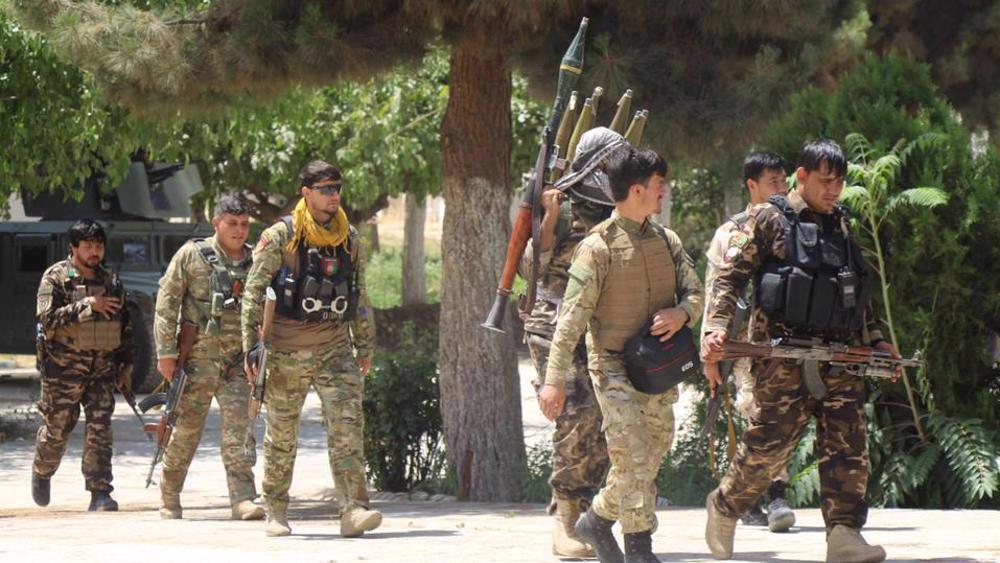
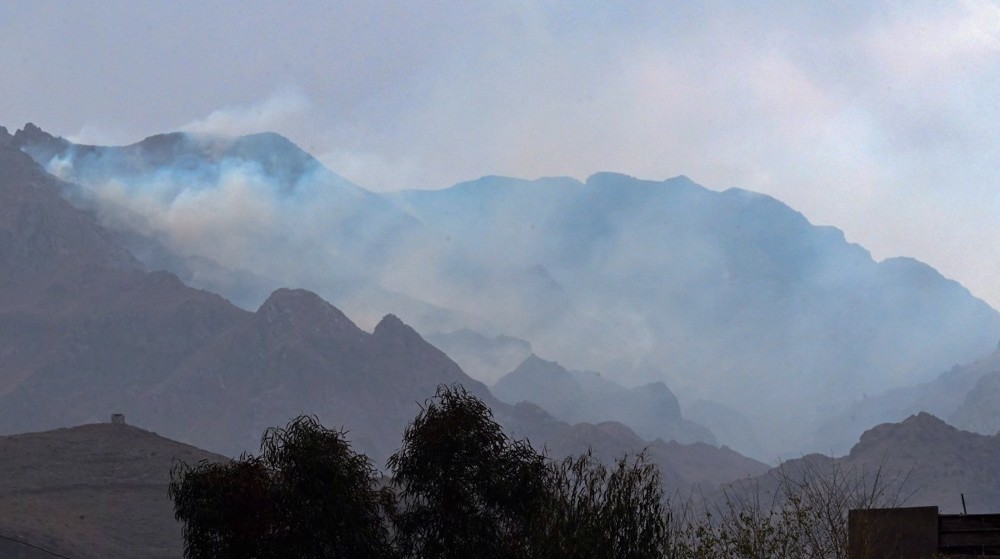
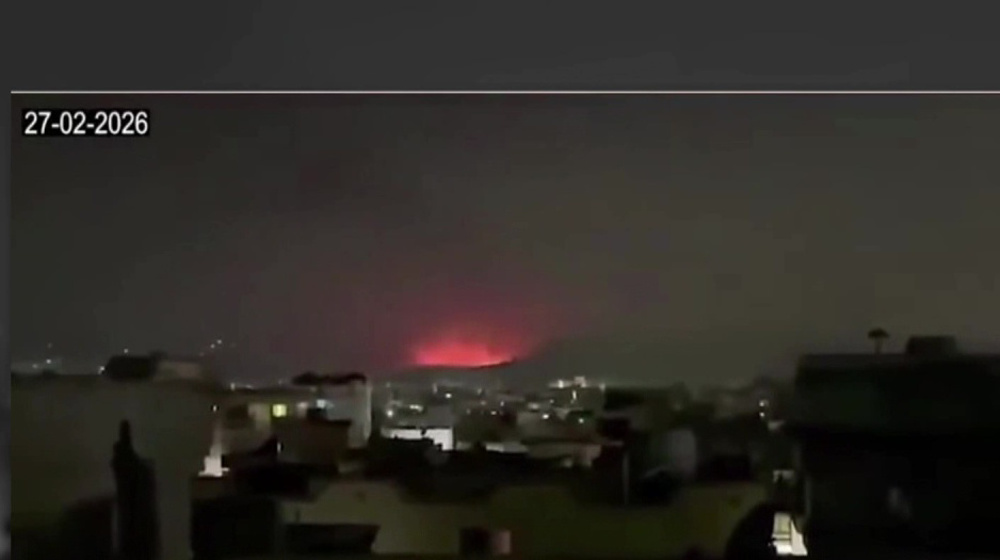
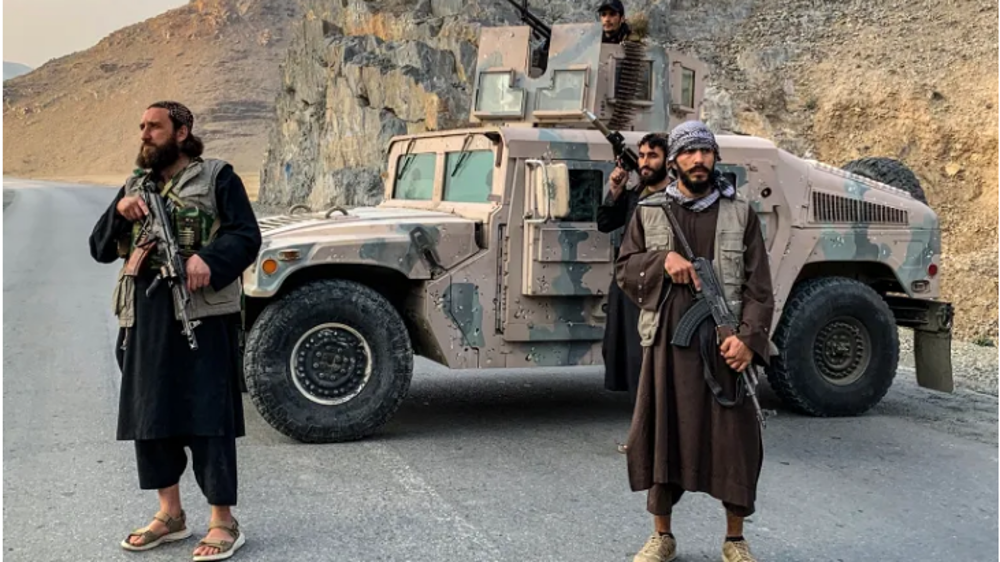



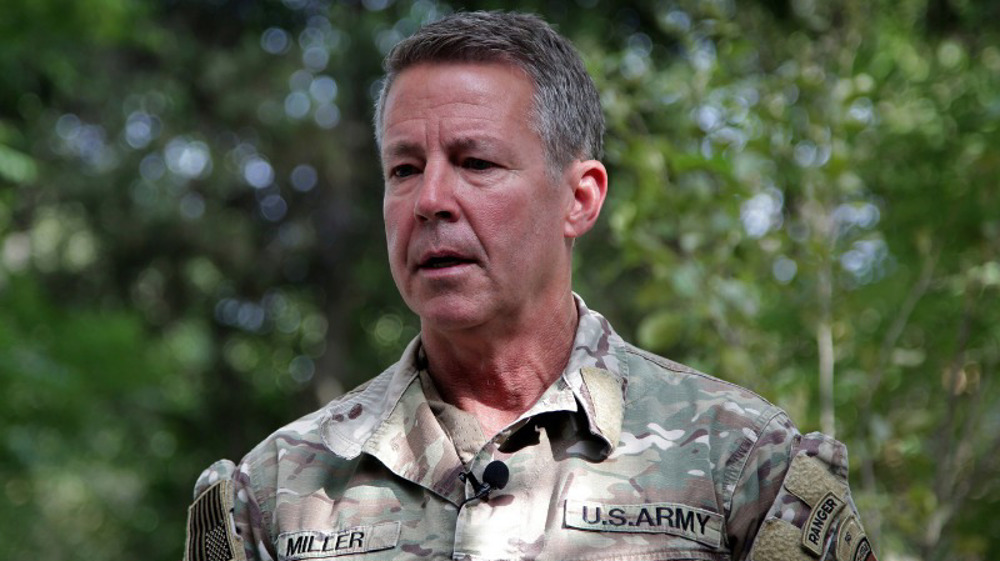
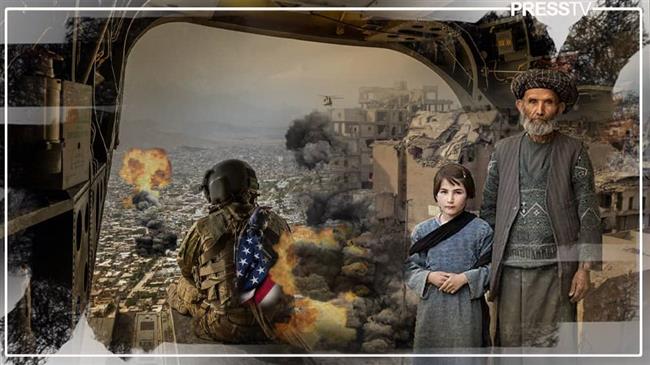
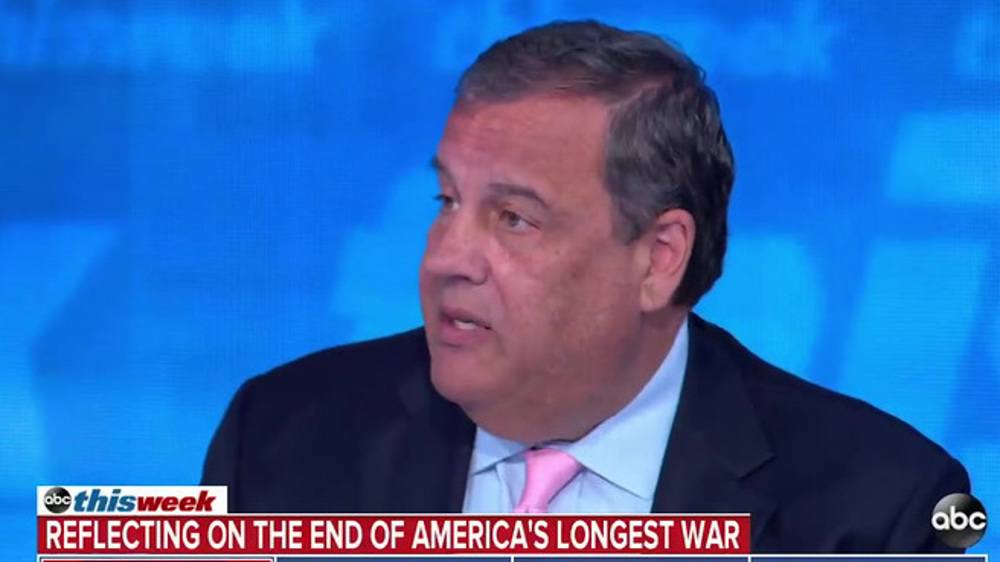

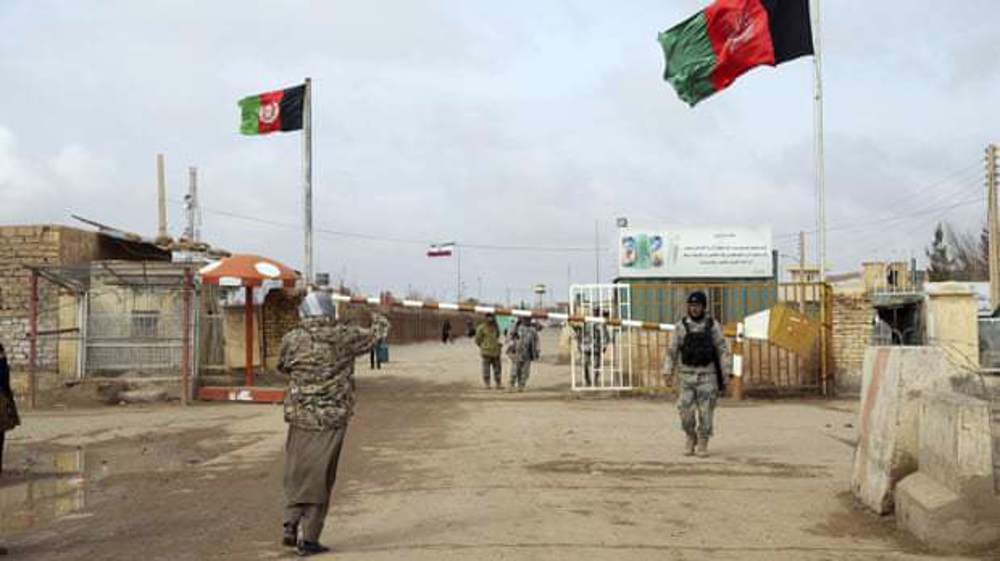
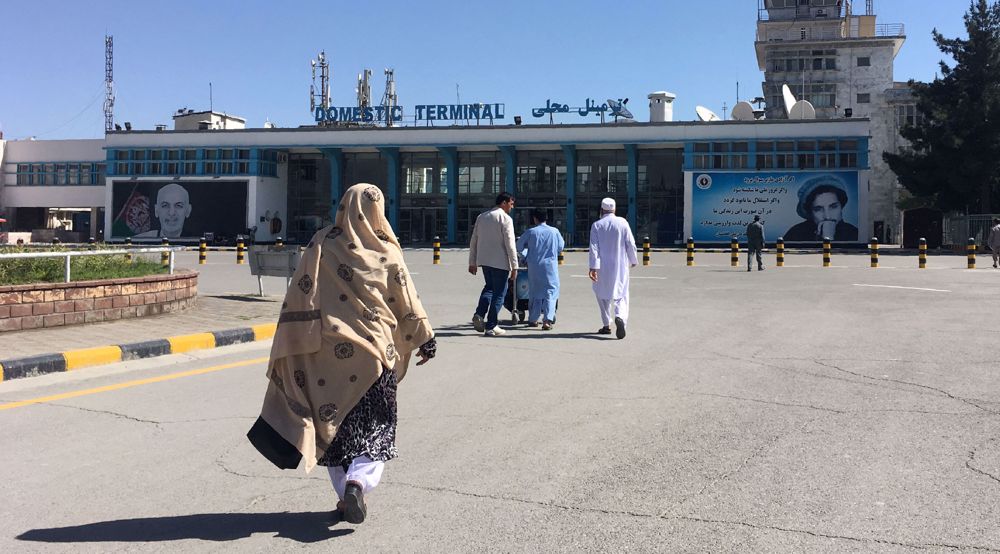


 This makes it easy to access the Press TV website
This makes it easy to access the Press TV website